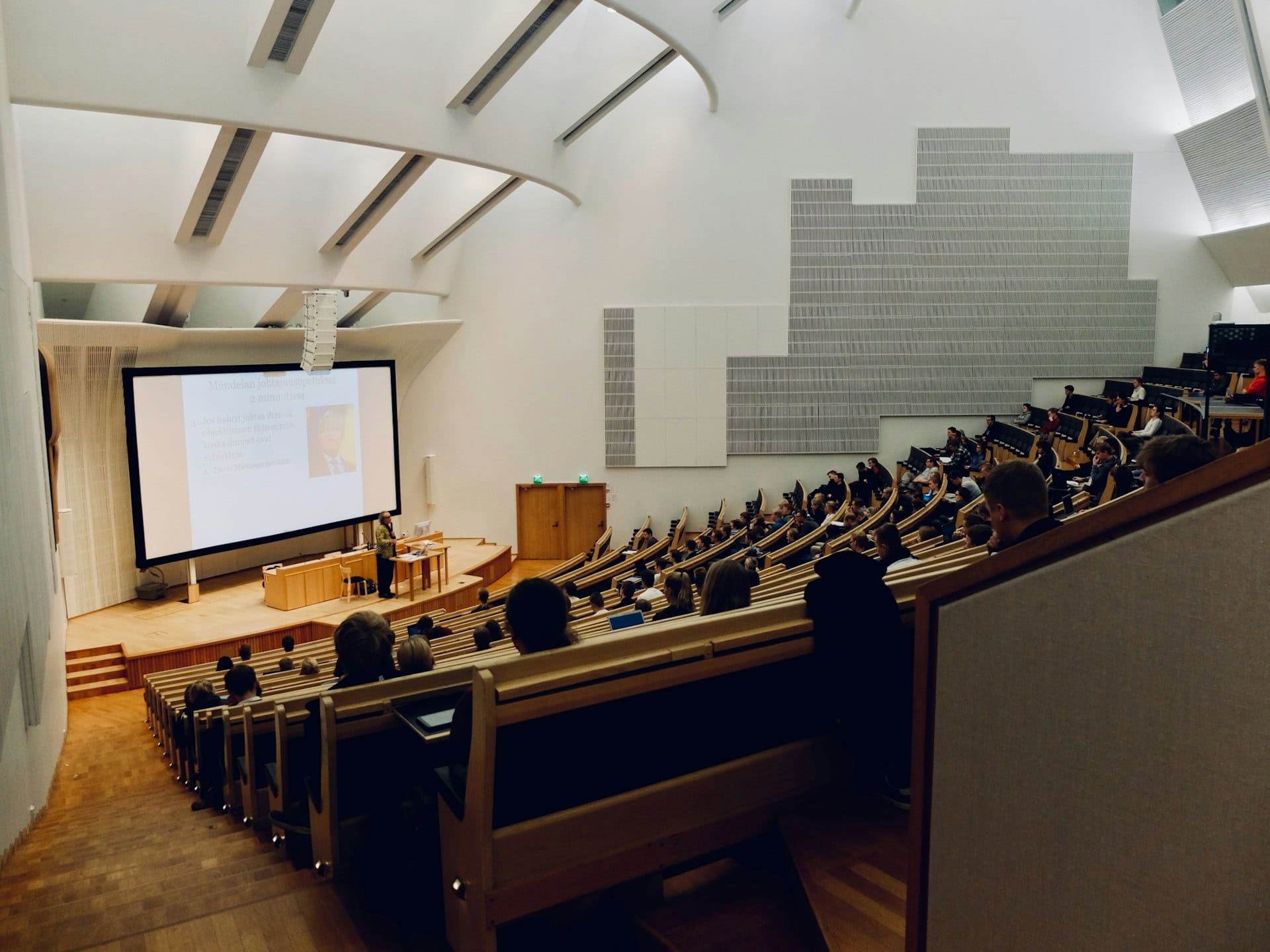Contents
Origins: The Military and Social Context
Planning: Democratic Education or Engineering?
Process: Negotiating the Series into Existence
Content: Mediating the Postwar World
Reception: The Future Becomes the Present
Conclusion and Bibliography
Introduction
Between 1943 and 1945 the American Historical Association (AHA) produced a curious series of 42 pamphlets for War Department, intended to foster discussion among GIs on topics ranging from “Do You Want Your Wife to Work after the War?” to “What Shall Be Done with Germany?”1 However, the pamphlets are opaque on some of the more interesting questions they prompt. One is left to wonder why the War Department would ask the AHA to write on topics that seem so far removed from the history field in the first place, and what possible military function could these fairly simplistic pamphlets (and the discussion groups they were meant to foster) serve.
Answering these questions provides an interesting avenue into the exploration of the role of the social sciences as cultural producers. This paper will try to situate the series within two contexts—the military imperatives that drove their creation and the cultural forms of the day that were simply taken for granted by the “objective” historians and social scientists who authored the pamphlets. The convergence of these factors in the pamphlets provides an interesting line of analysis for considering how much the “objectivity” of the social sciences was (and is) shaped by the larger culture.2 At the same time, analyzing some of the normative elements that were taken as objective facts—particularly notions of a male-dominated, middle class consumer culture—provides some highly suggestive evidence about the origins of many of the cultural forms we associate with the 1950s.
- F.B. Hayes, Colonel, Financial Division & Chief, Fiscal Branch to Frederick Osborn, Director of Information and Education Division, “Distribution of Roundtable Pamphlets,” 5 May 1945, Records of the Army Staff, Army Chief of Information, Troop Information and Education Division, 1943–48, Record Group 319, Box 383; National Archives at College Park, MD (hereafter cited as IED Files); and Luther Huston, “Round Table for GI’s,” New York Times Magazine, 1 October 1944, 10ff. [↩]
- William L. O’Neill, A Democracy at War: America’s Fight at Home and Abroad in World War II (Cambridge, Mass.: Harvard University Press, 1993); John Morton Blum, V Was for Victory: Politics and American Culture during World War II (New York: Harcourt Brace Jovanovich Publishers, 1976); and Michael Sherry, In the Shadow of War: The United States Since the 1930s (New Haven, Conn.: Yale University Press, 1995). [↩]
Related Resources

October 21, 2018
The Well-Rounded History Graduate: Professional, Citizen, Human

October 21, 2018
What Employers Want: Thoughts from a History BA in Business

October 21, 2018
